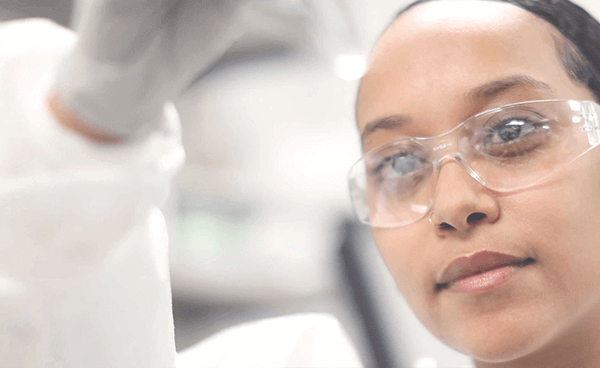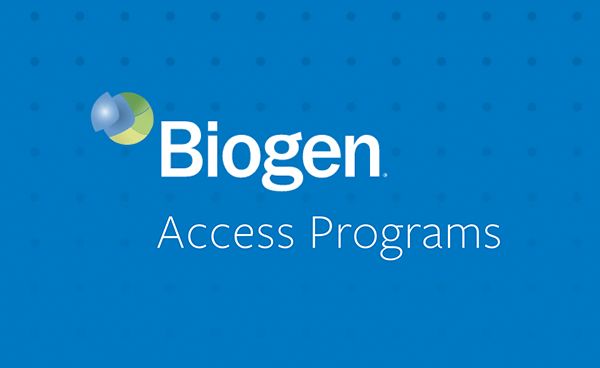As a healthcare professional, you have an important role to play in clinical trials. By identifying, informing, and educating patients who might benefit from taking part, you will be helping us to learn more about diseases and potentially develop new treatment options.
How you can help


Beginning the conversation early, within a trusted doctor-patient relationship, can be an important first step. You can provide patients with a safe space to ask candid questions before they even speak with a trial team member. These personal conversations can help patients decide if a trial could be a good fit for their life and health, and potentially help them address any mistrust they may have of trials in general.


If you are interested in referring a patient to one of our trials, you should contact the trial team directly wherever possible. The trial coordinator will be able to answer your initial questions about the trial and advise you on how to refer your patient. Each trial listed on this website includes contact details for the relevant trial team.
The final decision on whether your patient can join the trial will be made by the trial coordinator. This will happen once the patient has met the trial team, provided informed consent, and completed the screening tests necessary to confirm their eligibility to participate.
Providing your patient gives permission for them to do so, the trial team will regularly update you on their enrollment progress (and, if enrolled, the clinical trial thereafter).


Many populations are underrepresented in clinical trials and, often, these patients are simply not approached about taking part. But it’s important to remember that accurate representation in trials could help fight health disparities and inequities within your community.
Read more about talking to people in these populations about clinical trials.




